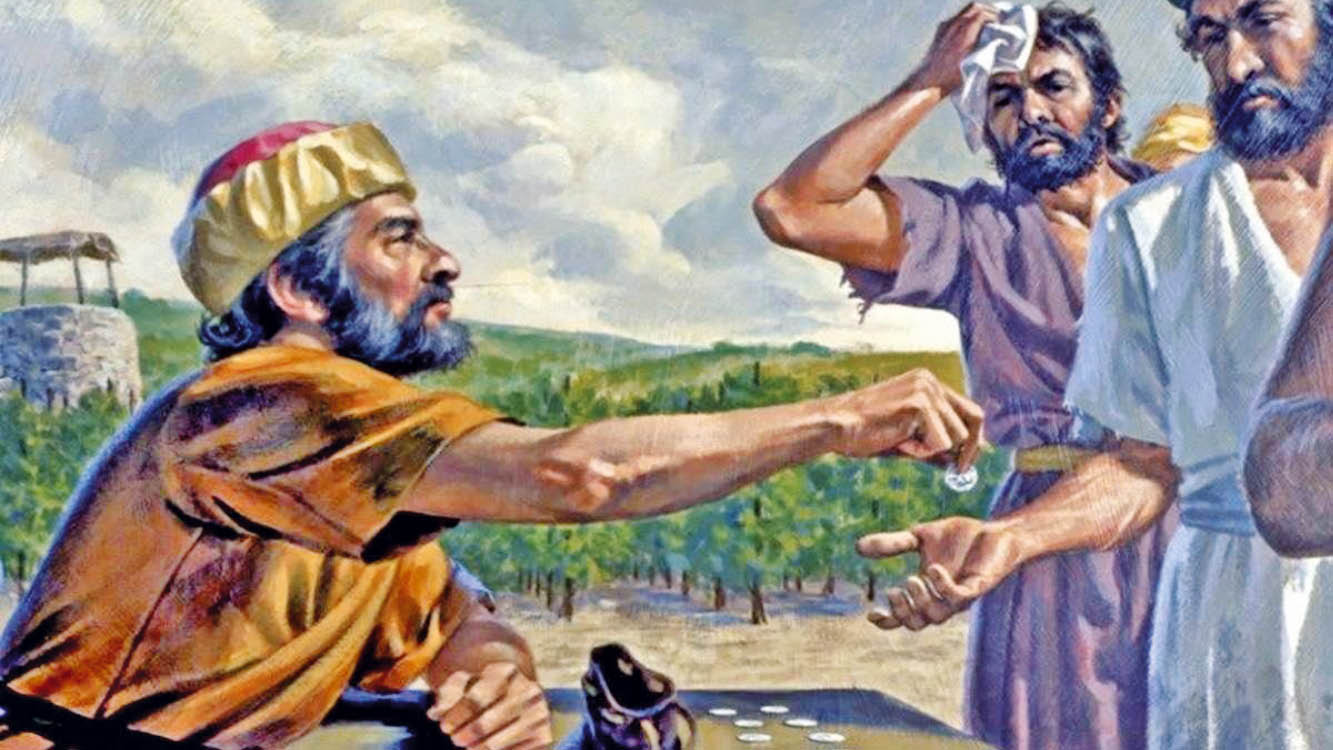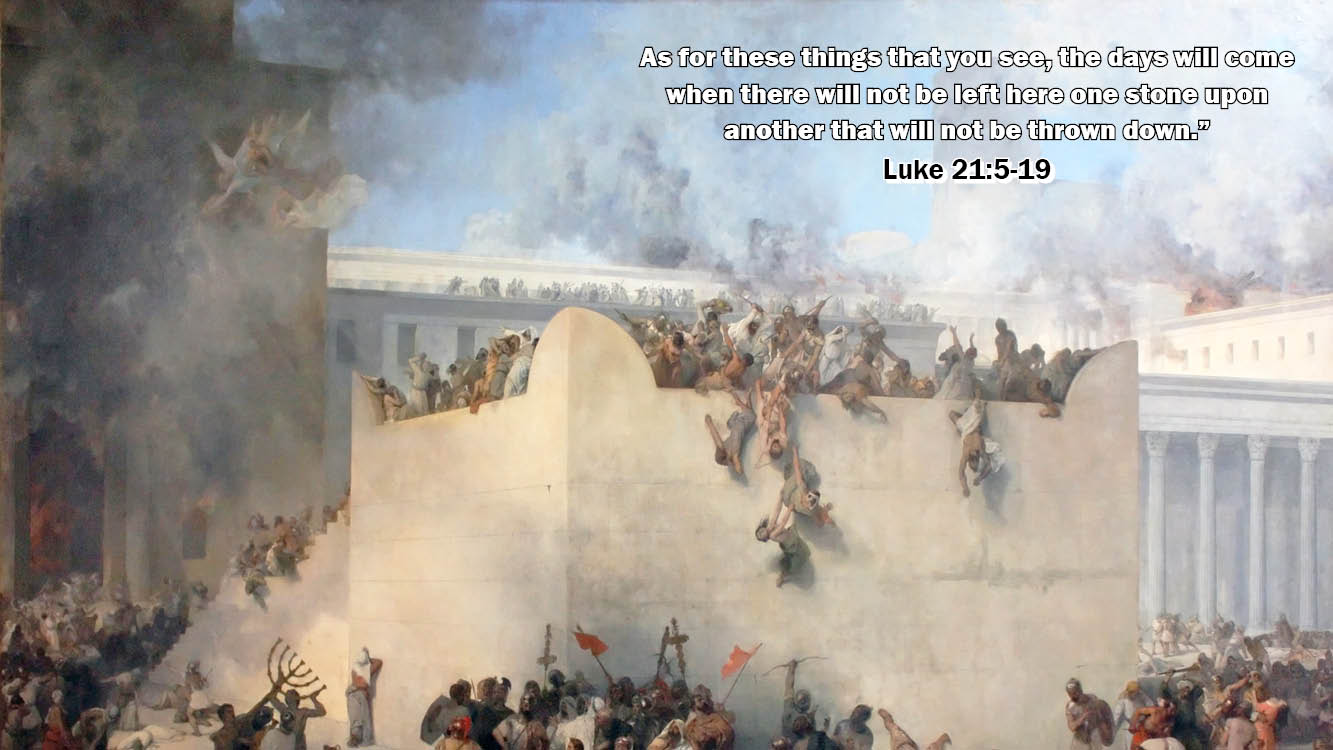Reflection on the Gospel of Tuesday In The Seventeenth Week In Ordinary Time
Matthew 13:36-43
Explain to us the parable of the weeds of the field.
- The Disciples are confused, just as the servants of the Land Owner.
- Why the delay in removing the weeds?
- They do not understand God’s Mercy, Patience and Wisdom.
- God knows the heart of every human, yet he is patient with them and gives them every opportunity to reform.
- And at times these very weeds are entangled in the lives of the wheat.
- The weeds are essential to the Wheat, they being their family, friends etc…
- Example: Yahweh overlooked Aaron’s role in the incident of the Golden Calf, for the sake of Moses.
.
He who sows the good seed is the Son of man;
- As John in his prologue states, Jesus the Son of Man was there before time.
- He is the Word spoken that created/brought into being all creation.
- All goodness and righteousness comes from him
- Therefore any action of change for good and positivity in every man is a result of his action.
- He is the word heard directly or indirectly; the word good – sharper then any sword, which convicts humanity of the truth.
.
the field is the world
- Heaven is my throne and the earth is my footstool (Isaiah 66:1).
- In contrast the story of creation brings out the understanding that all creation is fashioned like a temple.
- A place for God to dwell in
- with humanity, the reason (because he was madly in love with humanity) why everything was created.
- The World-Temple is the place where God wants to reside, alongside man
- walking with him, like Adam is shown doing in the Garden of Eden.
.
the good seed means the sons of the kingdom / the weeds are the sons of the evil one,
- Genesis 6:4 makes an obscure mention of “God came in to the daughters of men“
- What it simple is saying those who accept God in their hearts and lives, are the Sons/Daughters of God
- Those who reject God and do now want him to be part of their lives live in darkness
- devoid of full understanding,
- because God is all important factor in our lives who makes us complete, in all ways.
.
and the enemy who sowed them is the devil
- This reference is probably to the devil.
- but it can be applied to the first moment when doubt took root in humanity
- doubt that God did not have the best interests of humanity at heart
- doubt that God was using humanity as a tool.
- doubt that God was holding out and not giving humanity proper dignity.
- and ever since this doubt has coloured/flavoured everyone of our interaction with God.
- Therefore we hold out from giving ourselves totally to God
- We do everything contrary to what is good.
- We make use of God; approach him when in trouble, and flee from him when all seems okay.
.
the harvest is the close of the age
- Indeed a time comes when everyone of us will be asked to give account
- just like the 3 Servants who were given gold talents.
- Here I would liken the talents with Life.
- And what did we do with the life which was gifted to us.
- The answer to this is in the parable of the Prodigal Son
- We can be like the Elder Son, knowing God, but do not personally know God.
- Or be like the Younger Son, living a half life out in the world.
- may be enjoying it to the fullest according to what the world says is success and life
- God is patient and kind, loving and merciful
- he is always waiting for us like the Prodigal Father
- but the key to understanding this parable
- is that it is not he who does the action of finding his son and bringing him back
- It is the decision the Younger Son takes to return, and does return.
- So a God who is all good and every so loving of his Children cannot condemn even the most notorious of them.
- The final Judgement is this then
- that we by virtue of our decisions and actions
- shut God out of our lives…
- and when we do come to understand his love for us, we cannot/are unable to go to him
- and this knowing that we cannot go back to him is hell fire.
.
He who has ears, let him hear.




